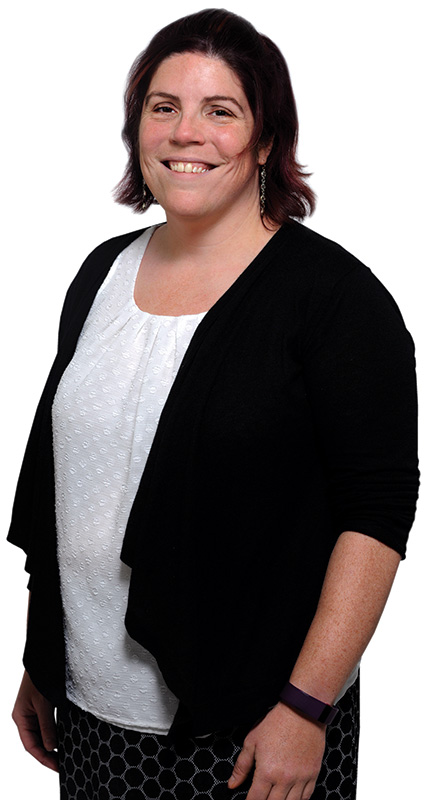Ask a Marianist: Student culture
Is it one big, happy family or life in a bubble?
We asked that question of Allison Leigh, director of Marianist strategies in the Office for Mission and Rector. Her doctoral dissertation was on “The Catholic and Marianist Culture at the University of Dayton as Revealed Through Student Voices.”
People at UD know there is a distinctive culture here but often have a hard time articulating it. They speak of “that feeling you get on campus” or describe it as a friendly and hospitable place where people open doors for one another.

Sometimes they describe it as life in a bubble.
Being both friendly and insular seems paradoxical. Perhaps not. Those who see life here as life in a bubble are quick to emphasize the importance of “bursting the bubble” by getting off campus into the city or going overseas on an immersion trip.
According to students, the “UD bubble” can be positive, helping them connect to each other and giving them pride in a shared experience, but UD also encourages gaining new perspectives beyond the bubble.
Inside and outside the bubble, relationships are the foundation of students’ growth.
In doing my research, I heard students speak of how living, socializing and praying together helped them understand and appreciate differences between themselves and others as well as learn about their own strengths and weaknesses. They spoke of the importance of finding a smaller community — whether in a living-and-learning program, Campus Ministry or Greek life — with whom one shares the same values, of the role such communities play in discovering one’s vocation.
The first Marianists — lay and religious — came together in small groups. The members of these sodalities, or faith communities, were united by shared values. As with today’s students, they also believed that education can happen anywhere. Students I talked with spoke of learning in their courses, in co-curriculars and in campus employment.
And students today, like those early Marianists, are looking beyond their small communities. Like the Marianist founders, today’s UD students believe they can transform the Church and the world.